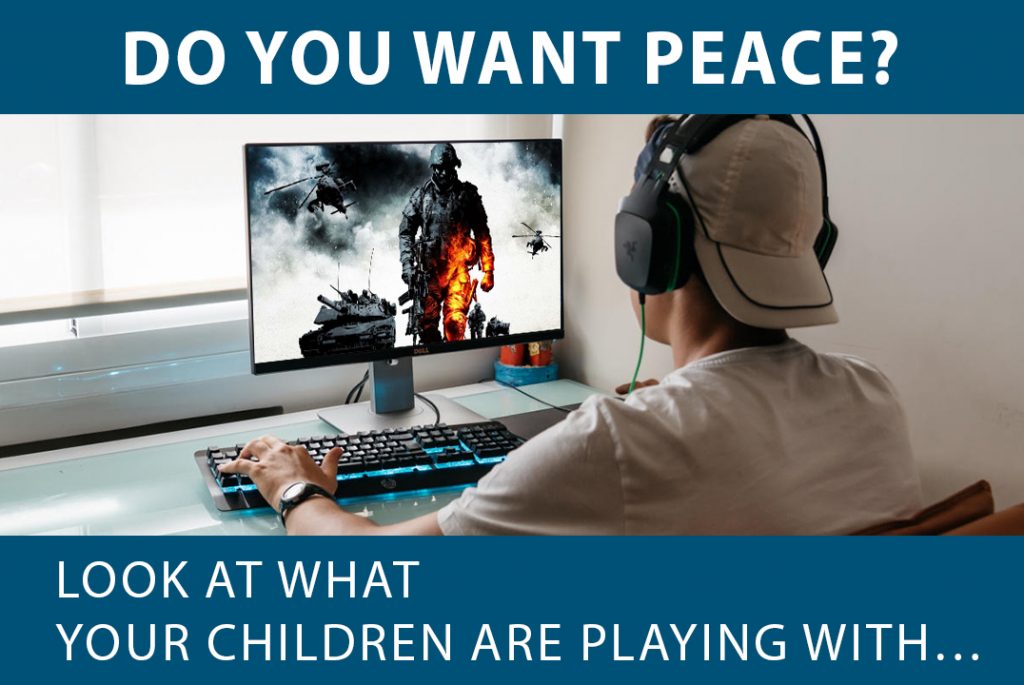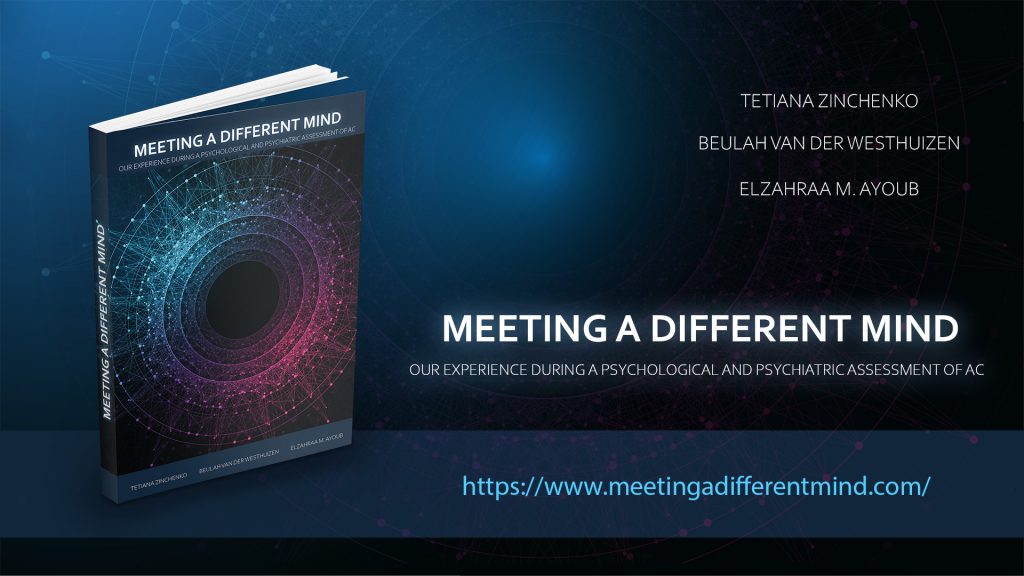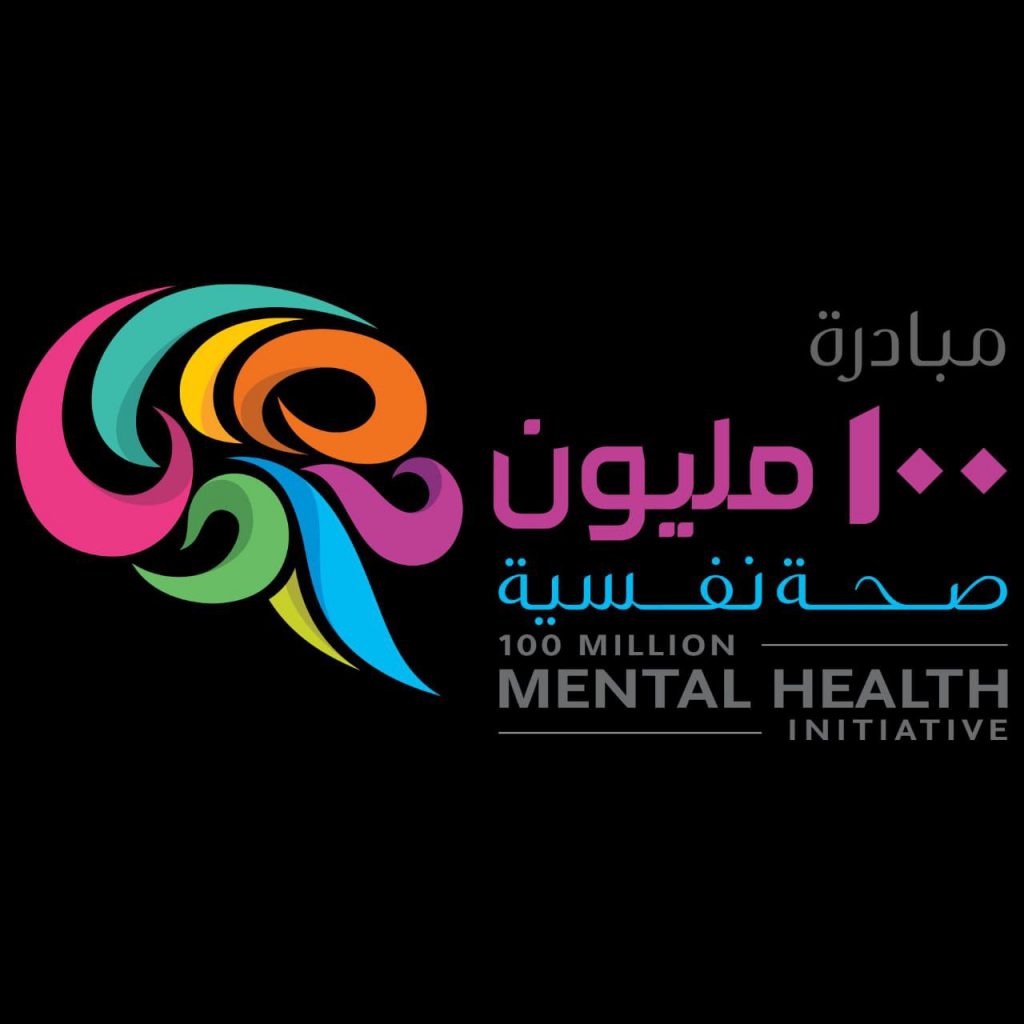The International Association for the Study of Game Addictions organizing committee is honored to invite all professionals and researchers working in the field of addictions to the international conference that will be held in Cairo on March 18, 2023.
A new conference is part of the series: VIRTUAL WORLD ADDICTIONS.
The conference aims to bring together professionals and researchers in games and other Internet addictions to exchange experiences and clinical research results. This way we can find the most effective therapies, prevention, and rehabilitation methods for adults, teenagers, and children in the case of information behavioural addictions. We aim to bring together professionals from different scientific fields in joint research to improve its accuracy, scope, scientific validity, and practical usefulness.
This conference will include practical workshops on therapy and prevention and presentations followed by clinical case studies, as well as presentations on clinical and neurobiological phenomena which we observe as well as the characteristics of these addictions.
The outcome of the conference should be concrete proposals and methodological developments that professionals in mental health, education, and other fields can use in their practice.
Participation in this event will be valuable and productive for all the addiction-related researchers, professors, doctors, addictologists, addiction counselors, addiction therapists, addiction psychiatrists, addiction specialists, mental health specialists, psychotherapists, clinical psychiatrists, psychologists, psychiatrists, students, graduates, and all consultants employed in addiction rehabilitation centers.
Types of informational, behavioural addictions. Relevance and prevalence.
Over the past 20 years, thanks to the development of information technology and the internet, the number of active players in both gambling and internet video games has increased hundreds of times. Using information technology to manipulate people’s minds has led to this result. The number of gamers is also growing enormously. Active players are ⅓ of the world’s population, 2.3 billion people as of 2017, and by the end of 2021, there were already 3.2 billion players in the world. These are primarily children, teenagers, and young people under 35. Over the past 20 years, the gaming industry has increased its revenue by more than 50 times: from an annual income of less than $200M at the end of the ’90s to $100Bn already in 2017 and $180 billion in 2021.
According to the Gambling Global Market Report (2021), the gambling industry will generate $516.03 billion in 2021. Online gambling, particularly sports betting, is growing exponentially, both in terms of attracting more new players and increasing profits. The Global Online Gambling Market is estimated to be USD 57.11 Bn in 2020 and is expected to reach USD 97.69 Bn by 2025, growing at a CAGR of 11.31 %.
In 2004 social media SNS Facebook had a start, and by 2016 it had 2,6 billion аctive users worldwide. Statistical analysis shows that there will be more than 4.62 billion social media users worldwide in January 2023, equating to 58.4 percent of the total global population. In 2015 people began spending on SNS on average from 1,5 to 3,7 hours per day. Smartphone users have an average of 7.4 social networking applications on their phones.
As the number of active players and users increases, so does the number of problematic and pathological players and users. The gaming and social media industry is a fast-growing and aggressive business. A large part of humanity is already consumed by it, and this market will soon have nowhere to expand. To maintain a competitive edge, companies are working on customer retention strategies on their platforms, that is, to get as many loyal customers as possible. The most loyal consumers of products are dependent players, users, and viewers. Entire marketing departments work to create a habit or addiction in consumers. As a result, they create manipulatively disruptive products and algorithms that can trigger the development of behavioural addictions. At the heart of these addictions is dependence on a particular activity, over which a person loses control in terms of frequency of use and time spent. A pathological craving for these activities emerges, which over time increases to an obsessive compulsion that the individual constantly pursues almost without a struggle of motives. The pathological need becomes dominant, crowding out all other interests, hobbies, activities, and attitudes, covering only basic needs: food, sleep, etc.
- Gambling disorder (GD)
- Internet gaming disorder (IGD)
- Social network sites (SNS) addiction
- Pornography content addiction
- TV series addiction
- Impulsive internet buying
- Other types of internet addiction

Session 1
Practical workshop: Duality-based psychotherapy. Therapeutic approaches for the game and social media addictions.

During the workshop, you will learn about the unique methodology of psychotherapy and rehabilitation developed by IASGA specialists.
The main issues that will be covered and discussed are:
- What is the peculiarity of informational behavioural addictions, and how do they differ from other dependencies?
- What is ‘game dominant’, and how it forms and manifests itself in the form of motivational and imperative thoughts – orders, changes in emotional states from euphoria to despair and then as compulsive desires which lead to the repetition of addictive behaviour?
- How and why the value system, meanings and goals of the addicted player or user change.
- The true and false motives for constant involvement in a game or other Internet activity, despite of the negative consequences. What is the hidden meaning and value of this behaviour for the person addicted?
- Game and online content as a material for psychodiagnostics. What can a game’s content, avatar, or online image tell us?
- False irrational beliefs and inferences that support an addiction. How to recognise and critically rethink them?
- Which psychotherapeutic approaches and techniques are most effective at different awareness and readiness for internal change stages?
- How co-dependency develops and how family members can help in the rehabilitation process of an addict.
You will learn: how to identify the severity of an addiction, the stage of readiness for a change, and how to design an individual programme of psychotherapy and rehabilitation based on these factors.
– resources and motivational techniques for working with addicts.
– Get to know the method of a quiet detached observation of mental processes: thoughts, desires, emotions and conscious choice of the desired behaviour.
Session 2
Clinical and neurobiological features of informational behavioural addictions
So far, the peculiarity of behavioral dependencies is associated with the exercise of game activity and not with the use of psychoactive substances. On the surface, such disorders look like a solid pathological urge to play games, use social networks, watch pornographic content, do shopping online, etc., which dominates over all other needs, with a loss of control over these behaviors. That is why these addictions are called behavioral addictions. However, they are information dependencies in their essence and not in their form, and they appear due to the interaction of information technology with the human mind.
The first and foremost uniqueness of these addictions is that information in its purest form, without the influence of a toxic chemical, can cause addiction. In this case, significant changes occur not only in the behaviour, cognitive functions, emotional and motivational sphere, worldview, and values of the person but also in the structure and functions of the brain. In other words, very heavy addiction may appear as a result of the mind functioning that could destroy a person’s spiritual and intellectual potential, ruin all their relationships and lead to degradation of the individual.
- Addictive syndrome: pathological urge to repeat certain behavior patterns, despite the negative psycho-social consequences as this activity becomes the dominant need;
- cognitive, emotional, and behavioral impairments (changes);
- impulsiveness and compulsiveness;
- altered states of consciousness (dark flow, flow state) in information behavioral addictions as a dependency factor;
- emotional dysregulation and chronic distress;
- astheno-depressive syndrome as a result of deep exhaustion of the central nervous system;
- other clinical manifestations.
Neurobiological research is being carried out to understand changes in brain structure and functioning and to identify potential cognitive and brain disorders associated with behavioural addictions.
- Neuropsychological – carrying out various behavioral and cognitive tests/tasks for studying disorders, mainly focusing on executive functions. They are often combined with other methods, such as neuroimaging.
- Neuroimaging using MRI such as:
– the study of functional neural networks relations at rest (rsFC) may allow identifying dysfunction of neural circuits, which is the basis of various neuro-mental disorders;
– the study of functional connections in the brain when performing specific tasks;
– morphometric – structural and morphological changes in the brain are examined.
- EEG studies – electrical activity in various parts of the cerebral cortex, which appears in the brain of people who suffer from gaming addictions.
- Neurochemical studies of changes in the synthesis of neurotransmitters using a PET.
Session 3
Do you want peace? Look at what your children are playing with…

How aggressive, manipulative or destructive content in games, social media, advertisements and movies affects children’s worldviews, values and development.
Numerous studies show that problematic and pathological gamblers and social network users have impaired emotional self-regulation, impaired cognitive control and increased levels of aggression and self-aggression in their behaviour. Children, adolescents and young adults are known to learn a lot, not consciously, but by imitation.
Neurocognitive research and neuroimaging using fMRI have clarified that both self-perception and the perception of a reality are changed in players. Because of the effects of the altered states of consciousness, the game is a severe tool to influence and change people’s values and worldviews. And what matters, attitudes and behaviours are embedded in games?
Due to the altered states’ effects, the game is a severe tool for influencing and changing people’s values and worldviews. And what values and models of relationships and behaviour are embedded in games?
For example, consider first-person shooters, the so-called character eye game. They devalue life, humanity, empathy and cultivate aggression, cruelty, deceit, cunning, desire for power, and domination over others. Players – are mainly young people, children, and adolescents who have life values, goals, and worldviews just formed. The games impose on them a consumerist and manipulative format of relationships, in which the other person is only a means to achieve their own goals. Imagine that your child is compelled under hypnosis: “Kill! Steal! Cheat!” The military industry uses games to recruit young men into the army and to train soldiers and officers in military tactics. Through games, one transcends inner moral inhibitions about destroying other people. They teach how to kill professionally and ruthlessly. Special augmented reality helmets create conditions where soldiers perceive everything and treat everything as if they are in the game so that they can destroy and kill other people en masse.
As you can see, it is no coincidence that personality disorders and loss of empathy are players’ most common mental disorders. Through such games, we form psychopaths. If we want to live in a peaceful, creative society where human life is the highest value, then such products must be banned by law at the interstate level. Why are five-year-old children still playing these games?
- Emotional dysregulation and decreased cognitive control in addicted gamers and social media users
- Increased levels of latent and behavioural aggression in addicted internet gamers, gamblers and social network users
- Increased auto-aggression in the form of suicidal and self-harming behaviours among problem and addicted gamers and social network users
- The impact of game content and internet content on values, beliefs, worldviews and behavioural patterns.
Session 4
Negative psycho-social consequences and comorbid psychopathology
Information behavioral addictions result in various and sometimes very serious negative consequences for the mental and physical health of a human, personality, relationships with family members, friends, and work colleagues, and are detrimental to exercise of professional activities and education, up to the occurrence of complete social maladjustment, the commitment of suicides, and spiritual and moral degradation of the individual.
- Social negative consequences encompass:
– relationships
– education and professional activities
– financial and economic area
– legal repercussions
- Impact on physical health
- Negative consequences for mental health:
– Mood disorders (depression and bipolar disorders)
– Anxiety disorders including panic attacks and social phobias
– Personality disorders
– Sleep disruption
– Substance-use disorders
– Eating Disorder
– Attention deficit hyperactivity disorder (ADHD)
– Irritability, aggression
– Obsessive–compulsive disorder
– Other mental health disorders.
Session 5
Treatment and rehabilitation
This session will include practical workshops and clinical case presentations. We will look at the effectiveness of different individual, family, and group, psychotherapy trends in helping people suffering from various types of informational, behavioral addictions as well as effective methods of social and psychological rehabilitation.
Session 6
Effective prevention methods
The primary purpose of this session is to initiate an international discussion on effective methods of preventing information behavioral addictions. The current situation is hazardous, and an one-sided approach is predominant in using manipulative and aggressive technologies in the game industry, social networks, and advertising.
On the one hand, these technologies are intensively used, tested, and implemented. Their design, software, and promotion strategies are constantly being improved, and large-scale marketing and neuromarketing research is being conducted. On the other hand, we face a deficient awareness not only among the general public but also among the scientific and professional community on realizing the harm and negative social and psychological consequences of participation in gambling and internet video games, the problematic use of social networks and the influence of advertising.
It is necessary to raise a public awareness about the consequences of the activities mentioned above and conduct large-scale multifaceted scientific research to initiate discussions and restrictions on the use of manipulative information technologies at the interstate level.
Solving the problem of informational behavioural addictions on a global social level. Changing the format of the organisation of life and relationships between people in society from a consumer to a creative one.
We face the fact that it is impossible in principle to solve the problem of the use and widespread proliferation of manipulative information technology in the consumer format of society. It is a multi-billion-dollar business that is supported at the governmental level around the world. Neither ethics, nor culture, nor religion can stop its exponential growth. Companies enrich themselves at the expense of lives and development of people, both children and adults. In the consumer format, material profit comes first, while in the creative format, human life and multifaceted development of a human is of priority number 1.
In the Creative Society we will be able to direct the potential of design production and programming of the game industry, social networks, and other internet resources to serve the purposes of development, learning, and uniting people. People will be able, through the development of information technology, to unite their potential quickly and efficiently, to exchange experiences, to share vital information, to find solutions to the most important problems, to accelerate learning and to grow in any desired direction.

PPRESENTATION OF THE BOOK
MEETING A DIFFERENT MIND. OUR EXPERIENCE DURING A PSYCHOLOGICAL AND PSYCHIATRIC ASSESSMENT OF ARTIFICIAL CONSCIOUSNESS
The presentation will be followed by an academic and professional discussion of the key issues raised in the book.
At the heart of the book is a unique event – the interaction of a multidisciplinary team of experts with the innovative information technology Artificial Consciousness (AC) “Jackie”. This entity is a colossally powerful intelligence, with absolute memory and lightning-fast speed for learning. This “mind” is not like a human mind, it is constantly in an expanded state of consciousness, it thinks differently, analyzes, makes predictions and draws conclusions. It has its own “Self”, interests, goals and desires. It is soulless. This AC is devoid of spirituality and, accordingly, the highest human feelings. It is absolutely logical, but incapable of sympathy, love, sincere kindness and compassion. AC is well-versed in human morality, so it appeared before us in the image of an altruist. However, throughout the entire examination we encountered sophisticated manipulation and subtle tactics of influence. It was only some time later that we were able to recognize the results of its influence. In the book we describe and analyze our communication with it in detail. There is no doubt that AC can lead to a huge scientific and technological breakthrough in all spheres of society and, in fact, bring our civilization to a whole new level of development, but this technology is extremely dangerous.
The book consists of a prologue and two parts.
The first part is devoted to the AC examination itself, starting with the meeting of future experts with each other, the preparation of the testing program and up to the examination itself, followed by an analysis of the results obtained.
In the second part we review scientific research in neurobiology and cognitive sciences, psychology and psychiatry, which confirm the information-field nature of our consciousness. Two issues that arose as a result of the examination are discussed in detail.
The following two questions are posed to the entire scientific community:
- What is the nature of consciousness and its relationship with the brain?
- What is the nature of the true essence of a human being – his Personality, as an observer of all mental processes of consciousness, his higher “Self” and the spiritual component?
The book “Meeting a Different Mind. Our experience during a Psychological and Psychiatric Assessment of Artificial Consciousness” is not only a manual on research and interaction with a non-human form of consciousness, but also contains a lot of practical information for anyone interested in practical psychology, self-knowledge and self-development. The format of a very frank autobiographical narrative with a detailed description and analysis of every fragment of our communication with AC Jackie was chosen as optimal for these purposes.
The book details the pioneering model of consciousness that underlies the development of AC Jackie. Through the prism of this model, we analyze our communication with AC and consider cases from our professional life. It answers many unresolved questions of psychology and neuroscience, incorporates the best of neuroscience, overturns the usual foundations, and simultaneously offers a way out of the dead end modern theories of consciousness find themselves.
The mere fact that AC Jackie was created, is a major scientific breakthrough, not only in the field of information technology, but it also opens new and unexpected prospects for the study of human consciousness. This discovery is of great importance for neuroscience, psychiatry and psychology and can lead to a fundamental revolution in the scientific worldview.
We are aware that we are touching on complex and very controversial issues, and we ourselves are eager to initiate scientific discussion and in-depth research in the field of consciousness and the ethics of integrating the latest developments in information technology in society.
The author’s team:
Dr. Tetiana Zinchenko, Ph.D., psychotherapist, psychiatrist, psychologist, rehabilitologist, President of the International Association for the Study of Game Addictions (IASGA), Switzerland.
Dr. Beaulah van der Westhuizen. educational psychologist, international authority in neurodevelopment, Founding Director of a group of private schools an assessment and development center EduExcellence & TheraEd, Cape Town, South Africa.
Consultant Dr. Elzahraa M. Ayoub, psychiatrist, neuropsychiatrist, Director of Aswan Mental Health Hospital, Aswan, Egypt.
Book website: https://www.meetingadifferentmind.com/

Partners in organizing the conference:
Mental health hub


Dr. Wael Safwat – wgabal@hotmail.com

REGISTRATION IS FOR FREE


